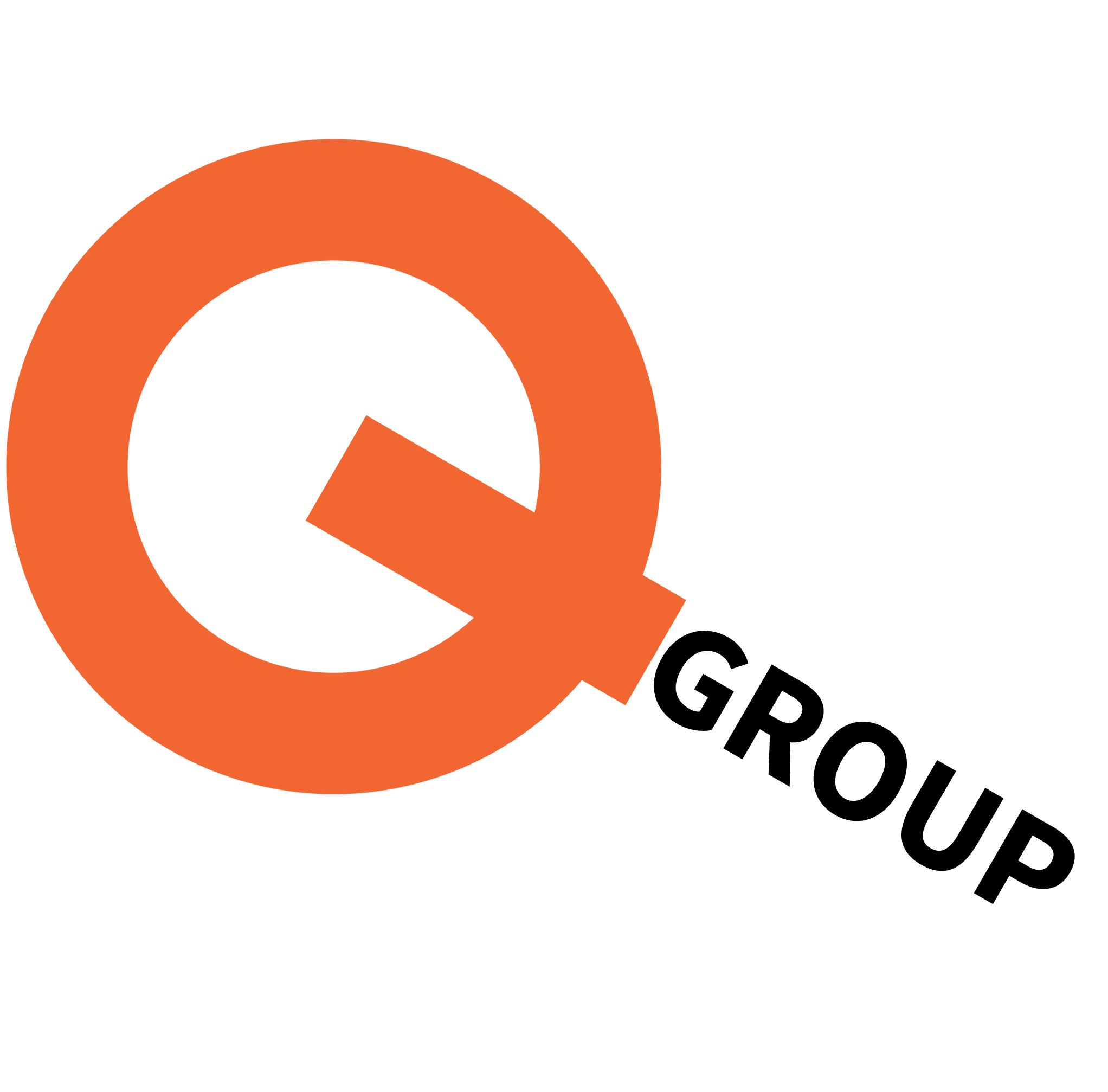Let’s get real
By Dick Gorelick
I try to work hard at practicing what I preach. I’m not a favorite personality among other industry consultants or many trade associations because of a basic difference of perspective and philosophy. Others believe that an owner, manager, and salesperson in this industry must understand the increasing complexity of our business. Certainly, there’s some truth in that. However, I believe that it’s more often the case that owners, managers, and sales representative’s effectiveness is impaired by failure to focus on “the basics.”
What’s the unique benefit?
PDF files, variable-data presses, and other hardware and software innovations are tools, albeit important tools. If the graphic arts industry should have learned anything during the past 30 years, it is the fact that these innovations are useless (or marginally use”) unless they can be organized or sold as a unique benefit to print buyers. Customer needs haven’t changed as a result of the latest, greatest technology, selling theories, company name or any other fad du jour. These are tools and tactics.
Profit is profit. Costs are costs. And those who stray from basic customer needs—be they owners, managers or their customers and suppliers are asking for a whole lot of trouble—legal, operational or self-delusional.
Along the way, there are investment decisions. The availability and productivity of personnel are important decisions. General economic conditions can’t be ignored. We can jest about the wisdom of “buy low, sell high,” but it hasn’t changed since humans began producing goods and services that exceeded self-consumption.
Think beyond equipment
My objective is to suggest we maintain perspective. Success in this business is fundamentally simple. Delivering an order on time at a competitive price according to job specifications does not earn a company the right to a customer’s next job. In the current business environment, it simply earns a company the right to compete for the next job. There’s no sense in manufactured print product is disappearing as a basis for differentiation.
Equipment is not a basis for competitive differentiation. If a technology is widely adopted and comes down in price, it inevitably gravitates to the user. This has happened with prepress and is in the process of occurring with press and finishing equipment.
Action items
Here are some of the consequences:
• Update your company’s definition of a “good account.” There’s trouble ahead if the definition is limited to sales volume (the more, the better) and payment history. Many other factors, such as regularity of business and modest sales and service costs should be considered. It boils down to mutual importance. If Exxon Mobile were to issue your company a $5 million purchase order tomorrow, it would be an important customer. On the other hand, your company would be relatively insignificant to Exxon Mobil. The relationship would be asymmetrical, if not inappropriate, and doomed to difficulty in the long run.
• Management and print salespeople must be conversant with the merits of other media in the multichannel mix. It’s no longer sufficient to simply have encyclopedic knowledge of print.
• A graphic arts company needs to think in terms of managing the “womb to tomb” process for customers. That means distribution, as well as inkon-paper manufacturing. It involves understanding the needs, objectives, and culture of individual accounts. Customization of services is necessary at the account level.
• “Better” and “easier” are very different concepts. Those who feel comfortable are insensitive to the marketplace. Fortunes will continue to be made in this industry, but they won’t be the result of efficiency and sales volume. Innovation and customization are ongoing challenges.
• Information is the only basis for sustainable competitive advantage. A graphic arts company that could advise its customers consistently on steps to improve the productivity of its print three to four percent a year would find the benefits dwarf those of reduced spoilage, lean manufacturing and other internal improvements.
Forget branding. That simply makes addresses marketplace awareness – and it didn’t do much good for Plymouth, Oldsmobile and A&P. forget your competition. Meaningfully, credibility differentiate your firm. Having done that, never quit addressing the issue. Today’s genius might not be successful tomorrow.
